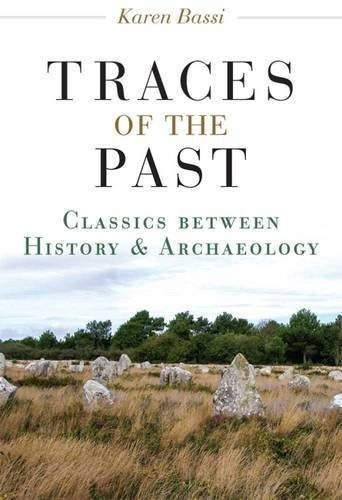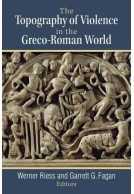Google Books previews are unavailable because you have chosen to turn off third party cookies for enhanced content. Visit our cookies page to review your cookie settings.
Traces of the Past (Hardback)
Classics Between History and Archaeology
Imprint: University of Michigan Press
Pages: 277
ISBN: 9780472119929
Published: 30th September 2016
Script Academic & Professional
Pages: 277
ISBN: 9780472119929
Published: 30th September 2016
Script Academic & Professional
You'll be £42.00 closer to your next £10.00 credit when you purchase Traces of the Past. What's this?
+£4.99 UK Delivery or free UK delivery if order is over £40
(click here for international delivery rates)
Order within the next 9 hours, 29 minutes to get your order processed the next working day!
Need a currency converter? Check XE.com for live rates
(click here for international delivery rates)
Order within the next 9 hours, 29 minutes to get your order processed the next working day!
Need a currency converter? Check XE.com for live rates
What are we doing when we walk into an archaeological museum or ontoan archaeological site? What do the objects and features we encounter inthese unique places mean and, more specifically, how do they convey tous something about the beliefs and activities of formerly living humans?In short, how do visible remains and ruins in the present give meaningto the human past? Karen Bassi addresses these questions throughdetailed close readings of canonical works spanning the archaic to theclassical periods of ancient Greek culture, showing how the past isconstituted in descriptions of what narrators and characters see in theirpresent context. She introduces the term protoarchaeological to referto narratives that navigate the gap between linguistic representationand empirical observation-between words and things-in accessingand giving meaning to the past. Such narratives invite readers to viewthe past as a receding visual field and, in the process, to cross thedisciplinary boundaries that divide literature, history, and archaeology. Aimed at classicists, literary scholars, ancient historians, culturalhistorians, and archaeological theorists, the book combines threeareas of research: time as a feature of narrative structure in literarytheory; the concept of "the past itself" in the philosophy of history;and the ontological status of material objects in archaeological theory.Each of five central chapters explores how specific protoarchaeologicalnarratives-from the fate of Zeus' stone in Hesiod's Theogony to thecontest between words and objects in Aristophanes' Frogs-bothexpose and attempt to bridge this gap. Throughout, the book serves asa response to Herodotus' task in writing the Histories, namely, to ensurethat "the past deeds of men do not fade with time."
Other titles in University of Michigan Press...














